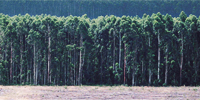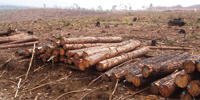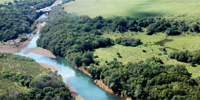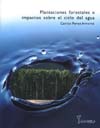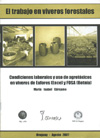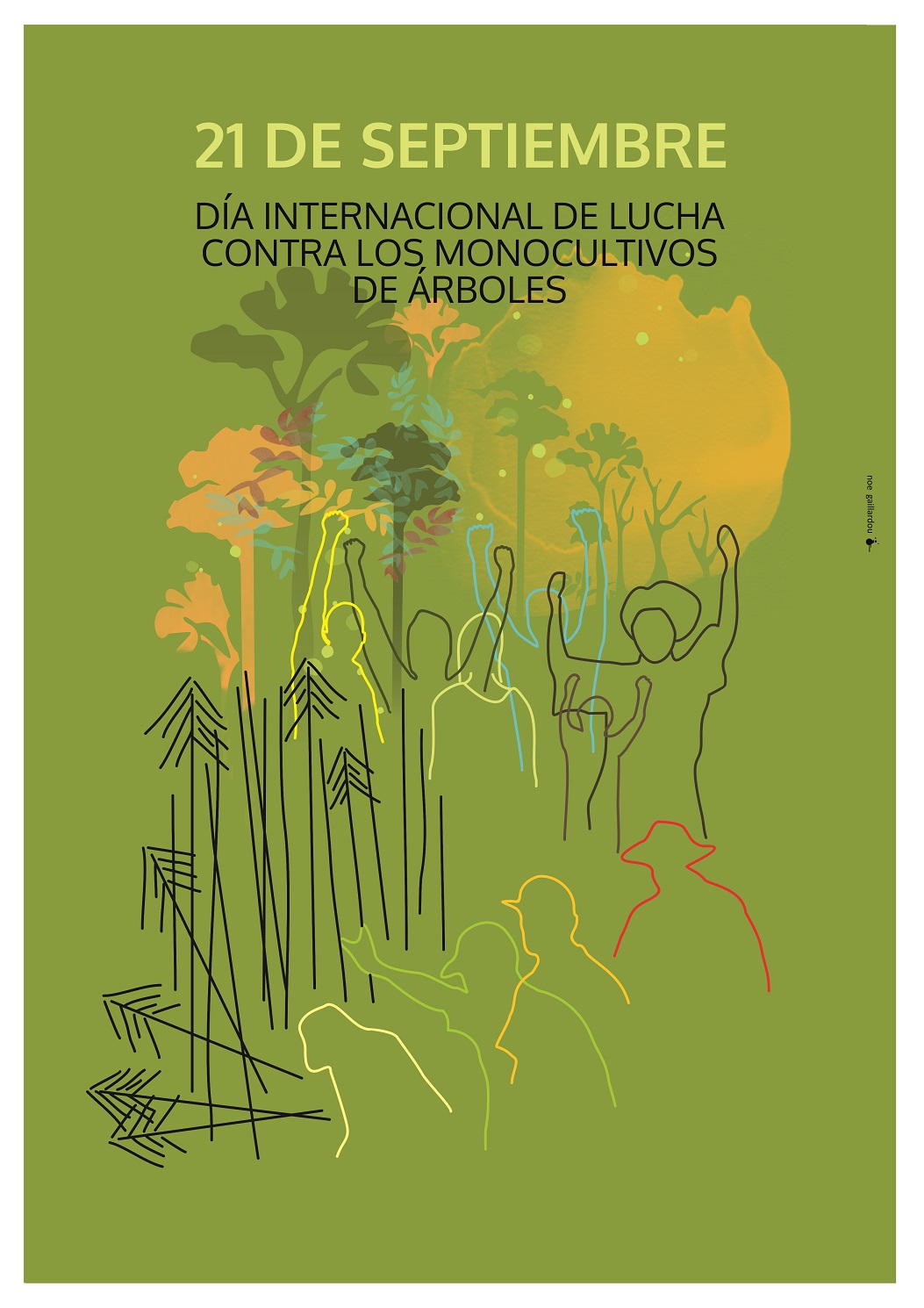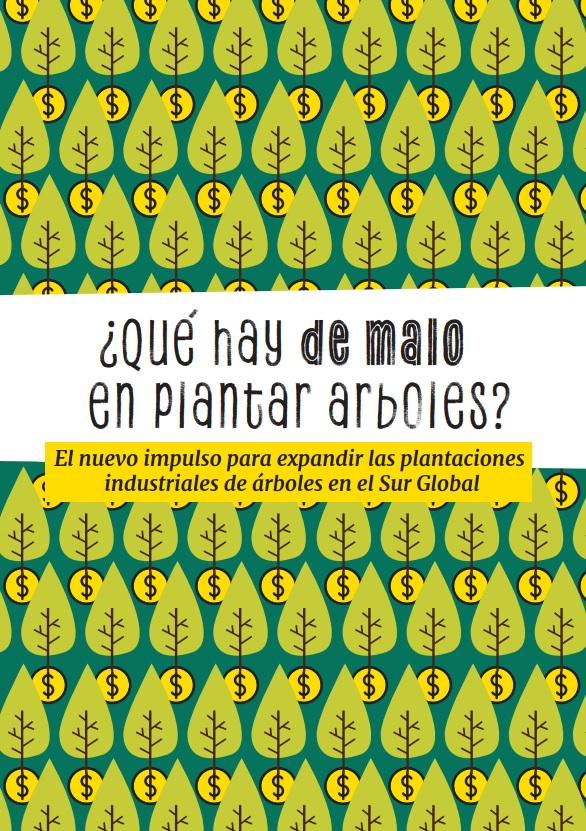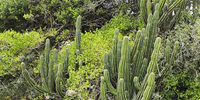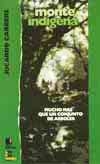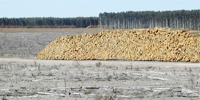The Department of Rio Negro, located in the western side of Uruguay, presently has 70,510 hectares of plantations (mainly eucalyptus) which makes it one of the Departments having more tree monocultures in the country.
A few months ago, the launching of a new project related to afforestation in this Department was announced. It consists of the installation of a port and industrial complex (“M’Bopucuá) located on the Uruguay River, some 8 kilometres upriver from the city of Fray Bentos. The aim of this project is to build a private port (in a country where until now ports have been state-owned) with wood chipping facilities in its premises. The woodchips would be exported by sea to pulp mills abroad, while the port would also serve for channelling to export markets the wood and wood products from plantations in Uruguay’s central, western and northern regions, as an alternative to the port of Montevideo, which is currently the main port for wood exports.
The complex will be built by a private company –“M’Bopicuá Logistic Terminal” (TLM)– formed by some of the most important forestry companies operating in the country. Among them, mention can be made of Eufores and las Pléyades (belonging to the Spanish paper company ENCE), La Forestal Oriental (a joint venture of the Royal Dutch Shell Group and UPM/Kymmene) and Paso Alto, a national forestry investment fund. The Spanish company Unión Fenosa, which has expanded its international investments, is also part of the consortium. Thus, this undertaking will be mainly carried out by multinational companies (with the exception of Paso Alto) with headquarters in Spain, the United Kingdom, The Netherlands and Finland.
The Inter American Development Bank (IDB), which will contribute 23.1 million dollars, will be the project’s main funder. According to the Environmental and Social Impact Brief available in the Bank’s web page, the project aims at the development of an industrial estate focused on the export of wood and non wood products, (“or timber industrialisation, but for purposes other than the production of paper)”
The last sentence (“but for purposes other than the production of paper”) is extremely suspicious. In fact, according to information published in the local press, the Spanish pulp and paper company ENCE is considering installing a pulp mill in this location. The information about the installation of a pulp mill has also been corroborated to the press by the associated company Unión Fenosa. Given the well known environmental impact of this type of activity, its inclusion in the project would certainly imply the requirement by the IDB of a full environmental impact assessment, with the corresponding need to open up the subject to consultation and public participation Can the IDB ensure that once the Terminal is finished a pulp mill will never be constructed there by one of the owners, in this case ENCE? We doubt this very much.
In 1997, as a result of a previous project to build a pulp and paper mill in Fray Bentos, local organizations organized themselves in the MOVITDES Group (Movement for Life, Work and Sustainable Development). This group is radically opposed to the installation of this type of industry because of its highly contaminating potential.
It should be noted that some 20 kilometres down river from the zone where ENCE wants to install the pulp mill, is a tourist resort called “Las Cañas” that enables many families in the area to earn their subsistence. Additionally, the drinking water intake for the city of Fray Bentos is only 8 kilometres away from the projected port and industrial estate. It is evident that both the tourist activity and the quality of drinking water in the city will be seriously affected by a pulp mill located a few kilometres upriver.
Furthermore, the local organisations point out that, in addition to the contamination the pulp mill would generate, it will be a further encouragement to the continuation of “planting monocultures and thus they will leave our country without land.” The increasing opposition at local level to eucalyptus plantations in the area is due to the impacts that are already being perceived. In particular, in the zone of Cerro Alegre (in the neighbouring Department of Soriano, where the subsidiary company of the ENCE Group, EUFORES has one of its plantations) the local farmers have complained about the depletion of the sources of water on which they depend, which took place a few years after the installation of the large monoculture tree plantations in the area.
The situation is a matter of concern, especially taking into account that two of the companies leading the project (EUFORES and Las Pléyades) are subsidiaries of the Spanish pulp and paper company ENCE, which has been accused several times for the serious atmospheric and water pollution it has caused throughout its history. The accusations have resulted in a judicial trial, where the local organization Defensa da Ría is asking for sentences of two years imprisonment for six of nine of ENCE’s directors implicated in the case. Additionally, the plaintiffs also request strong fines for the environmental crime resulting from emisions and effluentes discharged in the Ría of Pontevedra. With such background in its own country, it is scarcely believable that it will behave in a more responsible manner in Uruguay, thereby increasing the reasons for concern of the population of Fray Bentos.
A few years ago, the MOVITDES Group led a strong and successful popular mobilisation against the installation of a pulp and paper mill in the city of Fray Bentos, supported by other environmental groups in the country. They are now mobilising again to face these powerful multinational companies that also have the financial support of IDB and the political support of the national and departmental governments. Success will not come easily and much depends on the support they can receive from national and international civil society. For this reason MOVITDES is calling on all the organisations in the countries where these companies have their headquarters, to join them in their struggle. Statements of support can be sent to the following e-mail address: movitdes@gmail.com

